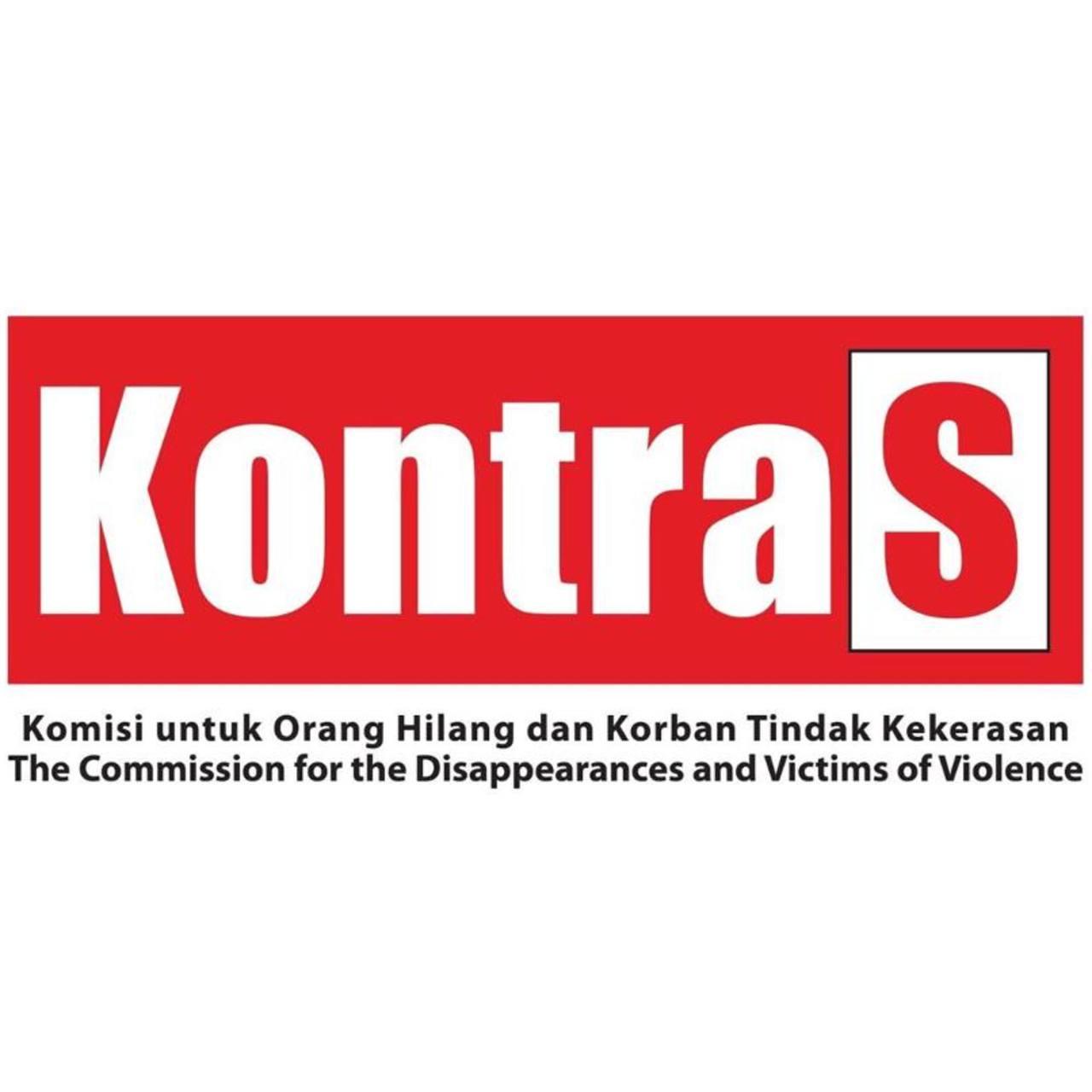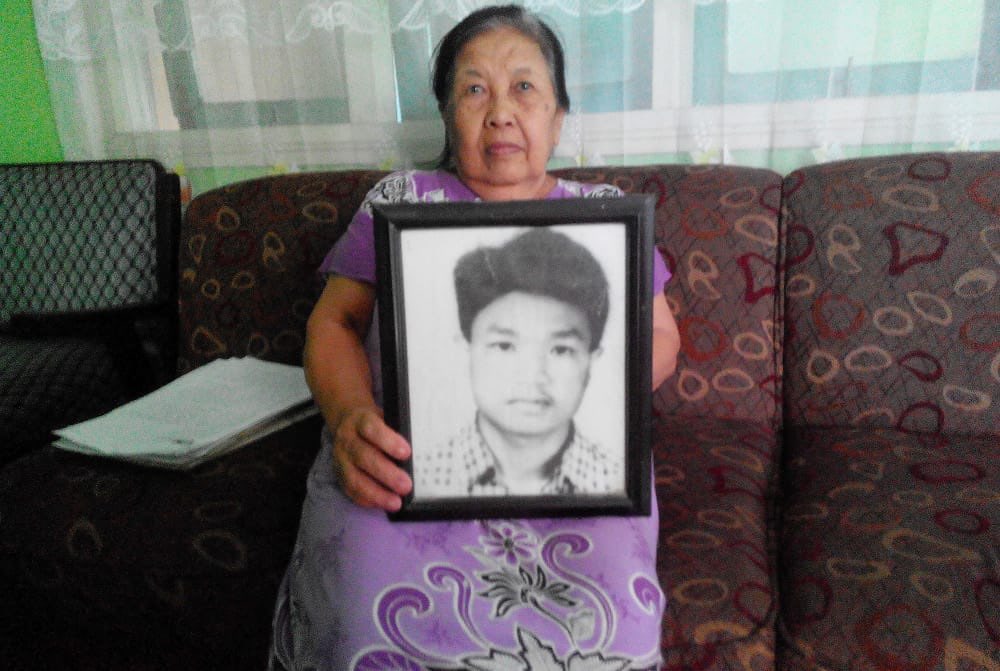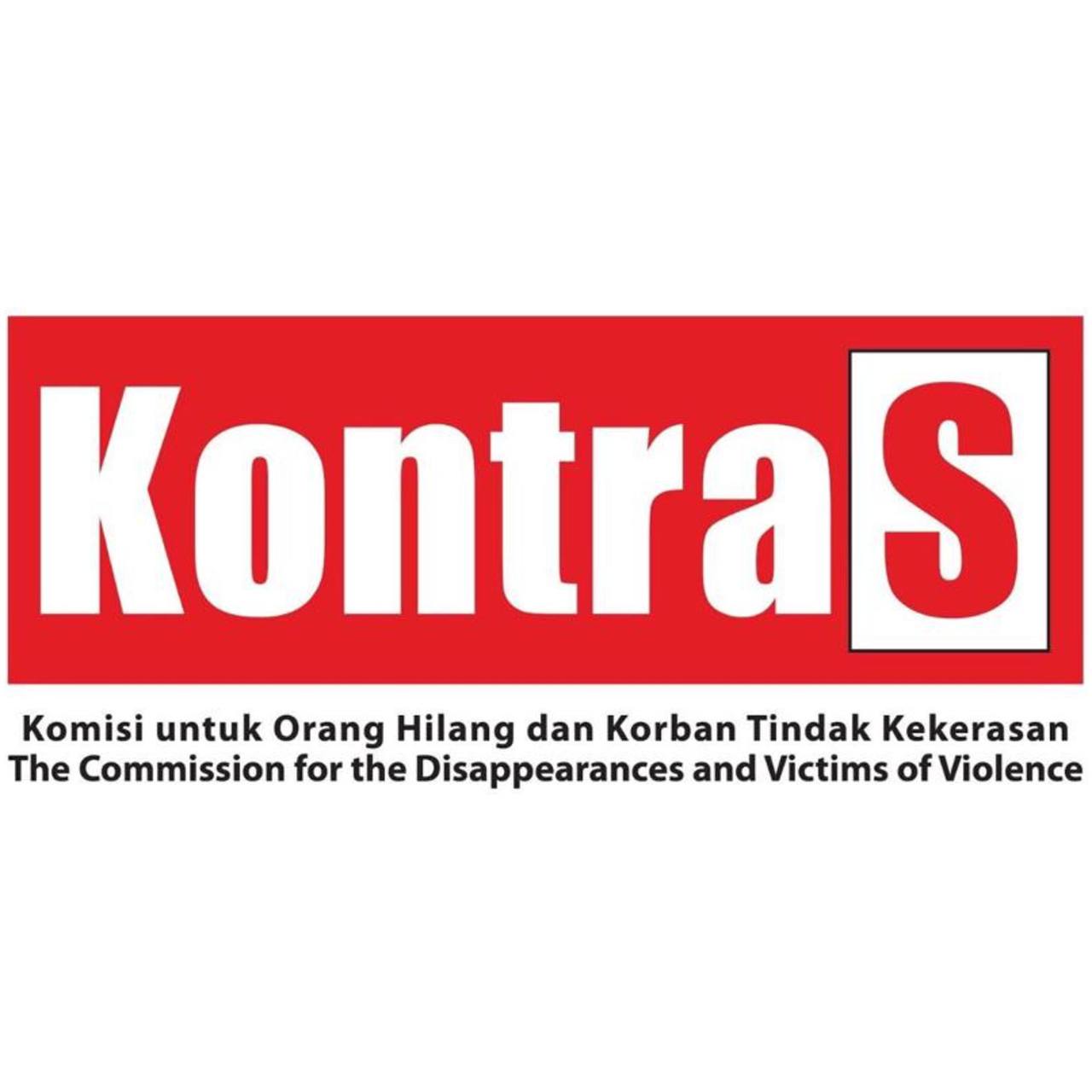The problem has never been the absence or presence in ratifying the UN Convention Against Torture (CAT), but the blatant disregard for them. In Asia Pacific, ratification of CAT has done little to abolish torture, as evidenced by continued impunity in countries like Indonesia and the Philippines, while non-ratifiers like India and Malaysia offer zero willingness of accountability. Until implementation is prioritized over political gestures, torture will remain a regional epidemic hidden behind paper commitments.
The Global Torture Index — A data-driven instrument assessing the prevalence, severity, and patterns of torture— has identified several Asia-Pacific countries, including Indonesia, India, and Pakistan, as high-risk. This classification along with Malaysia, Philippines, and others reflects persistent and systemic issues such as significant legal and institutional gaps in torture prevention (e.g absence of safeguards during arrest and detention), recurring documentation of similar patterns of torture cases, and the lack of effective accountability mechanisms, including failures to investigate, prosecute, or sanction perpetrators. Further exacerbated by risk-prone environments such as political repression, internal conflict, and widespread police violence, this makes the issue of torture not only tolerated but, in many cases, sustained by the state.
Recent documented cases across the Asia-Pacific region illustrate the grave reality behind these systemic failures.
In Indonesia, the torture of indigenous Papuans by military personnel and attacks on human rights defenders persist without meaningful accountability. Nepal’s authorities continue to demonstrate inadequate responses to torture complaints, with numerous cases left uninvestigated. Malaysia expressed brutal abuse of power through judicial harassment to focal civil society actors, highlighting a nurturing climate of fear. Bangladesh to undergo reformation of human rights where the state was designed to stifle civic and political dissent, and implement broader changes to the political system and economic governance. India faces ongoing custodial torture and policing practices remain permissive of violence.
The Philippines have also revealed secret detention centers where detainees suffered physical and psychological torture, exposing severe violations under state custody. In Thailand, victims of human trafficking and political detainees endure torture and neglect, despite recent anti-torture legislation, which remains poorly enforced. Meanwhile, Pakistan’s repression of dissent in Balochistan, including violent crackdowns and arbitrary arrests, underscores the entrenched risk environments that enable torture.
The mentioned cases revealed a systemic failure to prioritize genuine implementation and accountability, leaving victims without meaningful redress or justice.
The continuous legal and institutional gaps (e.g absence of effective safeguards during arrest and detention and weak accountability mechanisms) undermine efforts to prevent torture and hold perpetrators accountable. Complaints of torture frequently go uninvestigated or are dismissed, denying victims access to justice, while political repression, armed conflict, and systemic police violence create risk environments that are tolerated or sustained by the state. Even where anti-torture laws exist, poor enforcement limits victims’ ability to secure remedies, and judicial reluctance or delays further exacerbate the denial of justice.
Additionally, victims often lack access to reparations, psychosocial support, and guarantees of non-repetition, reflecting a systemic failure to prioritize genuine implementation, protection, and accountability within the region.
Hence, to effectively combat torture in the Asia Pacific, states must
-
Move beyond mere ratification of international treaties like the UN Convention Against Torture (CAT) and urgently commit to full, genuine implementation. This requires strengthening legal and institutional frameworks to close gaps in prevention, ensuring robust safeguards during arrest and detention, enforcing rigorous accountability mechanisms that investigate and prosecute perpetrators without exception, and providing victims with comprehensive access to justice, reparations, and psychosocial support.
-
Actively dismantle risk environments—such as political repression, armed conflict, and police violence—that perpetuate torture, fostering a culture of transparency, respect for human rights, and zero tolerance for impunity.
Amidst the shadows of systemic impunity and entrenched abuses, the unyielding resilience of survivors, human rights defenders, and civil society actors shines as a beacon of hope and courage. Their relentless pursuit of justice and truth, often at great personal risk, demonstrates that while torture seeks to silence and break the human spirit, it cannot extinguish the enduring power of resilience and collective action.
The Asia Pacific’s fight against torture is not merely a legal obligation—it is a testament to the unwavering resolve to uphold human dignity against all odds. The path forward demands that states heed this call and transform commitments on paper into transformative justice in practice.
26th June 2025
The Asia Alliance Against Torture
Advocacy Forum, Nepal
Cross Cultural Foundation (CrCf), Thailand
MASUM India
Medical Action Group, Philippines
Odhikar, Bangladesh
Suara Rakyat Malaysia (SUARAM)
Task Force Detainees Philippines (TFDP)
The Commission for the Disappeared and Victims of Violence (KontraS), Indonesia
Musawi, Pakistan

KontraS
Komisi Untuk Orang Hilang dan Korban Tindak Kekerasan




